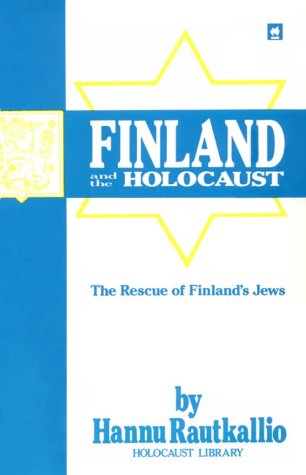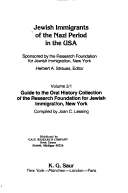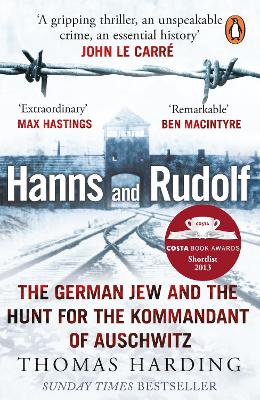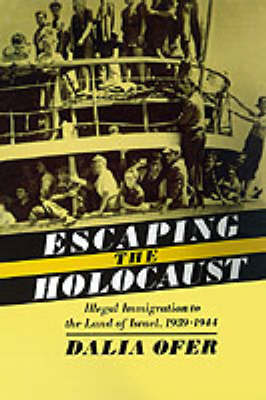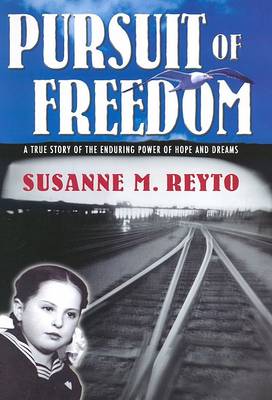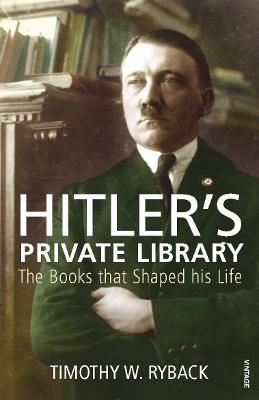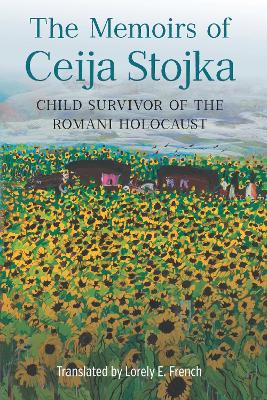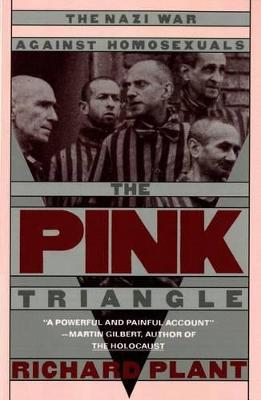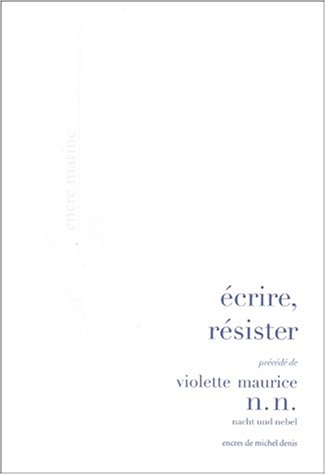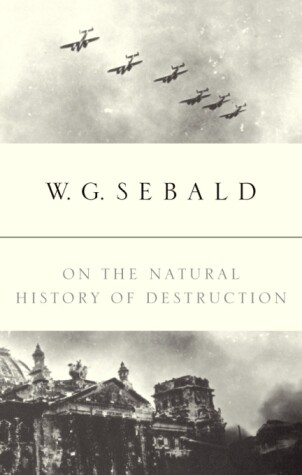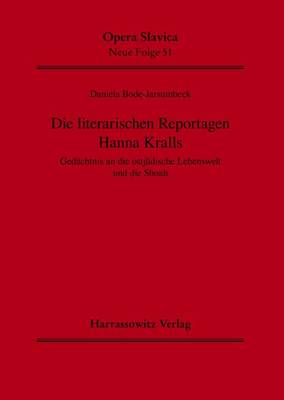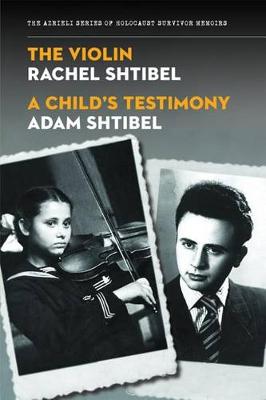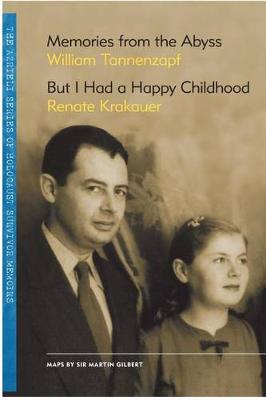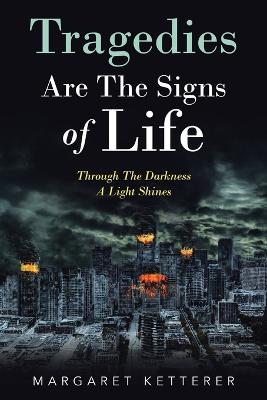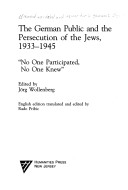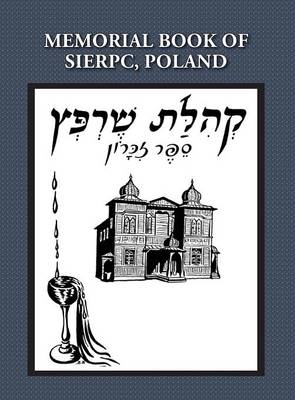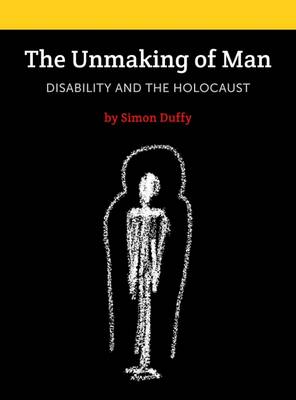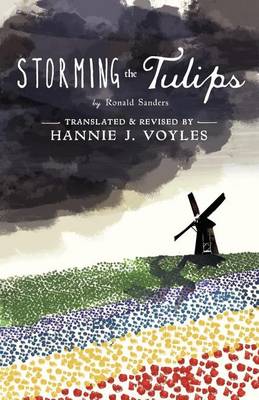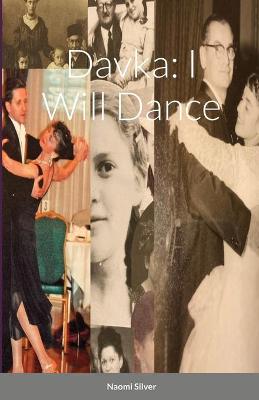_____________________________________THE SUNDAY TIMES BESTSELLERWINNER OF THE JQ WINGATE PRIZE 2015SHORTLISTED FOR THE COSTA BIOGRAPHY AWARD'A gripping thriller, an unspeakable crime, an essential history.' JOHN LE CARRÉ_____________________________________Hanns Alexander was the son of a prosperous German family who fled Berlin for London in the 1930s, becoming an investigator of war crimes. Rudolf Höss was a farmer and soldier who became the Kommandant of Auschwitz Concentration Camp and overs...
Illegal Jewish immigration to Palestine prior to the founding of the State of Israel forms one of the most fascinating chapters in the history of Zionism and modern Jewish history. Bringing Jews from Europe to Palestine by land and by sea in defiance of restrictive British immigration policies was partly an undertaking of national rescue and partly a calculated strategy of political brinkmanship. Ofer focuses on this important phase in the history of the Holocaust.
He was, of course, a man better known for burning books than collecting them and yet by the time he died, aged 56, Adolf Hitler owned an estimated 16,000 volumes - the works of historians, philosophers, poets, playwrights and novelists. For the first time, Timothy W. Ryback offers a systematic examination of this remarkable collection. The volumes in Hitler's library are fascinating in themselves but it is the marginalia - the comments, the exclamation marks, the questions and underlinings - eve...
Self-Financing Genocide
by Gbor Kdr, Zoltn Vgi, G Bor K D R, and Zolt N V Gi
The Memoirs of Ceija Stojka, Child Survivor of the Romani Holocaust (Women and Gender in German Studies)
by Ceija Stojka
"Is this the whole world?" This question begins the first of three memoirs by Austrian Romani writer, visual artist, musician, and activist Ceija Stojka (1933-2013), told from her perspective as a child interned in three Nazi concentration camps from age nine to fifteen. Written by a child survivor much later in life, the memoirs offer insights into the nexus of narrative and extreme trauma, expressing the full spectrum of human emotions: fear and sorrow at losing loved ones; joy and relief when...
On the Natural History of Destruction
by Winfried Georg Sebald and W. G. Sebald
"From the first page of any book by Sebald, one is in the hands of a master" Daily Telegraph Sparking off a wide-ranging debate in the German press when it was published in 1999, ON THE NATURAL HISTORY OF DESTRUCTION concerns the strange silence surrounding the destruction of German cities through allied bombing in post-war German writing. Now translated into English by Anthea Bell, it confirms Sebald's reputation as one of the most original and stimulating of European writers.
The Meaning Of A Place - National Monument Kamp Amersfoort
by Jacques Prins
Die Literarischen Reportagen Hanna Kralls (Opera Slavica, #51)
by Daniela Bode-Jarsumbeck
The Violin/A Child's Testimony (The Azrieli Holocaust Survivor Memoirs, #4)
by Rachel Shtibel and Adam Shtibel
Memories from the Abyss/But I Had a Happy Childhood (The Azrieli Holocaust Survivor Memoirs, #9)
by William Tannenzapf and Renate Krakauer
The German Public and the Persecution of Jews, 1933-45
Memorial (Yizkor) Book of the Community of Sierpc, Poland - Translation of Kehilat Sierpc; Sefer Zikaron
by E Talmi (Wloka)
Storming the Tulips
by Hannie J Voyles and Professor Ronald Sanders
